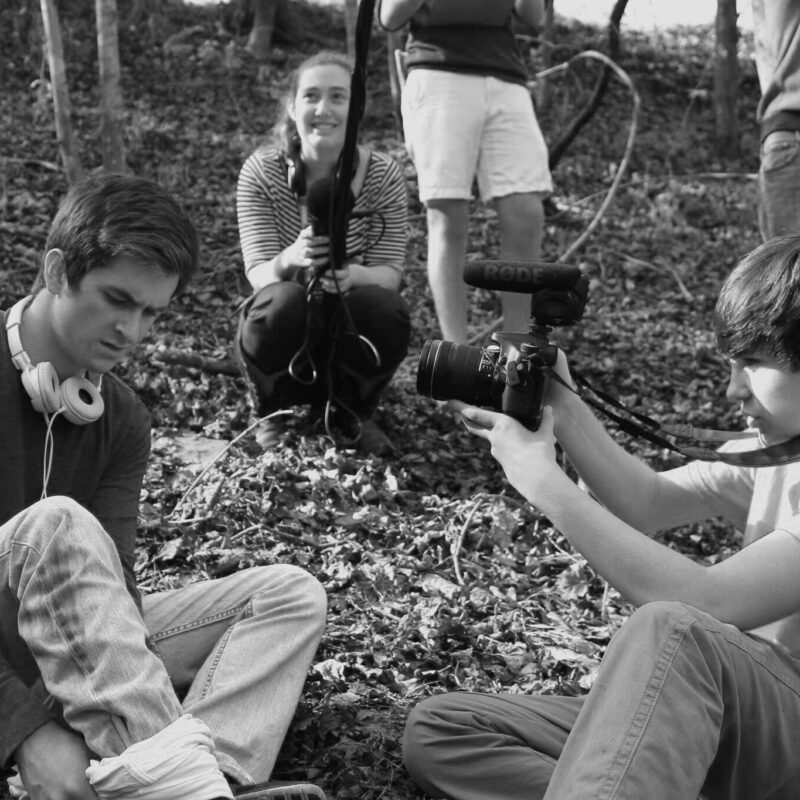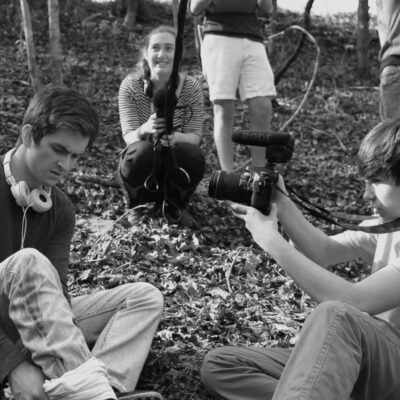Two years ago, Texas tunesmith James McMurtry was playing a solo showcase at the famed South by Southwest Festival in his hometown of Austin, when his friend, producer CC Adcock (Robert Plant, Neko Case), introduced him to publishing executive Francois Moret, who was in the process of starting a new record label.
That evening set the wheels in motion for McMurtry’s long-awaited new album, Complicated Game, his first in six years. Moret was blown away by McMurtry’s edgy story songs and immediately signed him. Later that year, at the end of 2013, McMurtry joined Adcock to record in New Orleans, ceding his usual self-production duties.
“I was tired of producing myself,” McMurtry, 53, said during a recent phone interview. “I’d run out of tricks and was starting to repeat myself. I used up everything I’d learned from (John) Mellencamp and the other guys I’ve worked with before.”
Mellencamp was an early champion of McMurtry’s work. He produced the troubadour’s 1989 debut, Too Long in the Wasteland, the first of many critically lauded albums that have subsequently made McMurtry one of Americana’s most celebrated songwriters. His talent is spinning tales about hard luck underdogs from Nowheresville, U.S.A., into four-minute vignettes with vivid literary depth.
McMurtry, who’s released nine studio albums including efforts for Columbia and Sugar Hill Records, undoubtedly picked up a thing or two from his novelist father Larry, who wrote Terms of Endearment and the Pulitzer Prize-winning Lonesome Dove.
Like Steve Earle, McMurtry is a gruff native Texan who’s not afraid to share his left-leaning political views. Arguably his best-known song, the social justice anthem “We Can’t Make It Here” from 2005’s Childish Things won Song of the Year at the Americana Music Awards and in a column for Entertainment Weekly Stephen King called it the “best protest song since ‘Masters of War.’” In it McMurtry sings about the epidemic of shuttered textile mills, unfair tax loops and a homeless Vietnam War veteran, who lost a leg, panhandling on a street corner, not getting his due from the underfunded Department of Veterans Affairs.
“Most of them I do piecemeal over the course of years,” McMurtry said when asked about sketching characters for his songs, which he insists are always works of fiction. “I get two lines and a melody, and then hopefully I can come up with a character that would say those lines. Then from a character I can get the story and the rest of the song.”
Similar themes surface in Complicated Game, but this time the slant is more personal than political. “South Dakota” is a stunner about a former soldier surrounded by empty opportunities. In the opening blue-collar ballad “Copper Canteen” the small-town protagonist, who is stuck in a marital rut and losing business to encroaching big boxes, only wants to be left alone to hunt and fish. McMurtry starts the song in his dry drawl with the disarming line: “Honey, don’t you be yelling at me when I’m cleaning my gun.”
There’s more American angst in the album’s lead single “How’m I Gonna Find You Now,” which is propelled by rollicking banjo rolls. At the South by Southwest show Moret saw McMurtry play acoustic, so he wanted that sound to dominate the record. McMurtry admits it was tough for him not to lean on the electric grit of his preferred Telecaster, but fans have also asked him to surround his songs with quieter instrumentation in the past.
“It’s what a lot of people have wanted from me for a long time,” he said. “I like to plug in and be louder.”
While mellow folk rock strumming is prevalent throughout, the album still gets filled in the right places, thanks to an all-star cast of special guests. Acclaimed multi-instrumentalist Dirk Powell appears on various tracks, adding an array of colorful string work on violin, mandolin and banjo. Tom Petty and the Heartbreakers’ keyboardist Benmont Tench deepens the desperation of “Carlisle’s Haul” with thick Hammond B3 fills, and Derek Trucks kicks in some ripping slide guitar to the swamp boogie of “Forgotten Coast.”
When asked why it took him six years to release a new album, McMurtry candidly said that the current state of the recording industry has dampened his desire. He instead chooses to spend most of his time playing live shows, chasing a decent living.
“We make most of our money off the road now,” McMurtry said. “My draw was holding up pretty good for five years. Then it started to taper off, so it was time to make a record. Now we make records so we can fill the clubs; it used to be the other way around. Since record sales aren’t what they used to be, we’re not getting the mailbox money.”
James McMurtry plays at the Southern Café and Music Hall on April 15.





